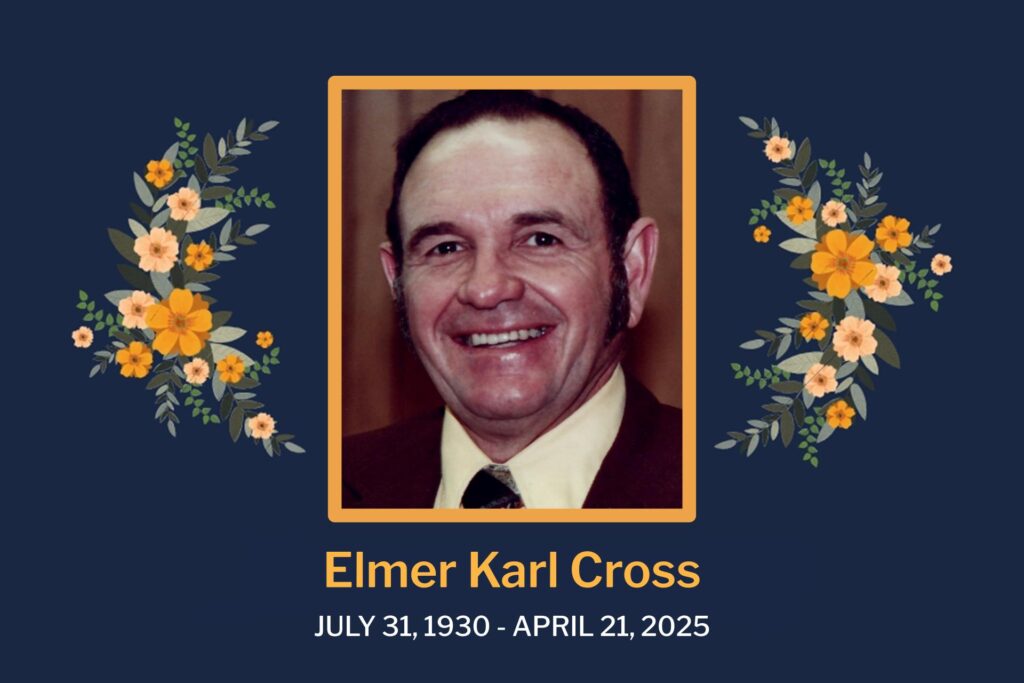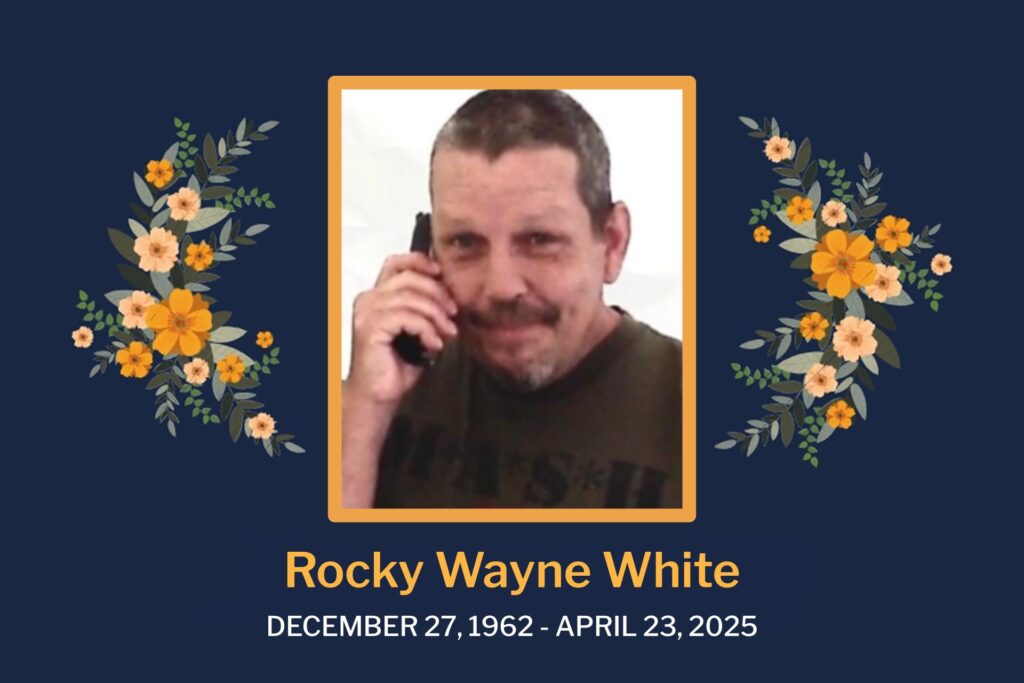ELKINS, W.Va. — “A major concern right now is keeping our chronic disease patients in touch with their providers. Everyday health problems don’t go away during a pandemic,” said Davis Health System Chief Medical Officer Catherine Chua, D.O.
When the WV DHHR ordered hospitals to suspend all non-urgent, non-emergent in-person medical encounters, access to outpatient services was dramatically disrupted. The order’s intent is to provide for the safety of healthcare workers and conserve medical personnel and supplies in anticipation for the treatment of COVID-19 patients. According to Dr. Chua, people who have chronic medical conditions, such as diabetes, lung disease and heart disease, face increased challenges when critical outpatient services are delayed.
“People are withdrawing from healthcare right now because of fears of COVID-19,” said Chua. “We’ve got to help our most vulnerable populations, the elderly and those with chronic disease, understand the options that are available now to keep them connected with their providers.”
Telemedicine, or virtual visits, are convenient for patients with access to a smart phone, tablet or computer. Patients schedule a real-time, interactive medical appointment with their provider and can discuss changes in health status, medications, and any concerns they would normally bring up during a face-to-face visit.
“We can do a lot with telemedicine,” said Johanna Biola, MD, family practitioner at Davis Medical Center. “My diabetic patients test their blood sugar at home. A virtual visit allows them to easily report their reading to me so I can respond quickly for unusual changes and patterns of blood sugars.”
“Right now, so many things are disrupted,” said Chua. “It’s more challenging to maintain healthy lifestyles when you are limited in your grocery shopping, exercise, and even social interactions. Chronic disease management is negatively affected, placing more of our patients at risk.”
“CDC data illustrates how COVID-19 affects people who are already dealing with health challenges. Those in the high risk groups need to be extremely careful. Managing your chronic disease could make a difference in terms of improving your outcomes should you contract a virus like COVID-19.”
What can patients do?
Dr. Chua emphasizes the need for regular communication between the patient and their provider.
“Many people do not realize that they can still see their provider in our physician office clinics. Chronic disease management is essential healthcare as well as any laboratory and radiology tests your provider may order.”
“People are afraid to come into the clinic and we get that. Honestly, it’s a much safer and cleaner environment than where they go for groceries, gas and other essential items. Our housekeeping staff is working around the clock performing deep cleaning, disinfecting and scrubbing the surfaces and areas which could potentially host germs and viruses.”
Further steps to control and maintain a safe environment at DHS facilities includes mandating patients and patient-facing staff to wear masks, limiting points of entry, rapid safe triage of patients, and strict adherence to Infection Control Standards and Precautions.
“Patients with underlying health problems shouldn’t be put in a position of making judgments about the urgency of their healthcare, or for understanding what constitutes elective medicine. If you are worried, call us. We’re here for every patient.”
Step-by-step instructions for downloading and using the MendTelemedicine App can be found on the DHS website https://www.davishealthsystem.org/medical-services/telemedicine. To schedule a Telemedicine appointment, call the Davis Medical Center Patient Access Center at 304.637.3894.
Medical visits available through Telemedicine include family practice, pediatrics, urology, behavioral health, chronic care management, podiatry, orthopedic, speech pathology, nutrition & diabetes counseling, general surgical, pain management, and obstetrics (limited).











